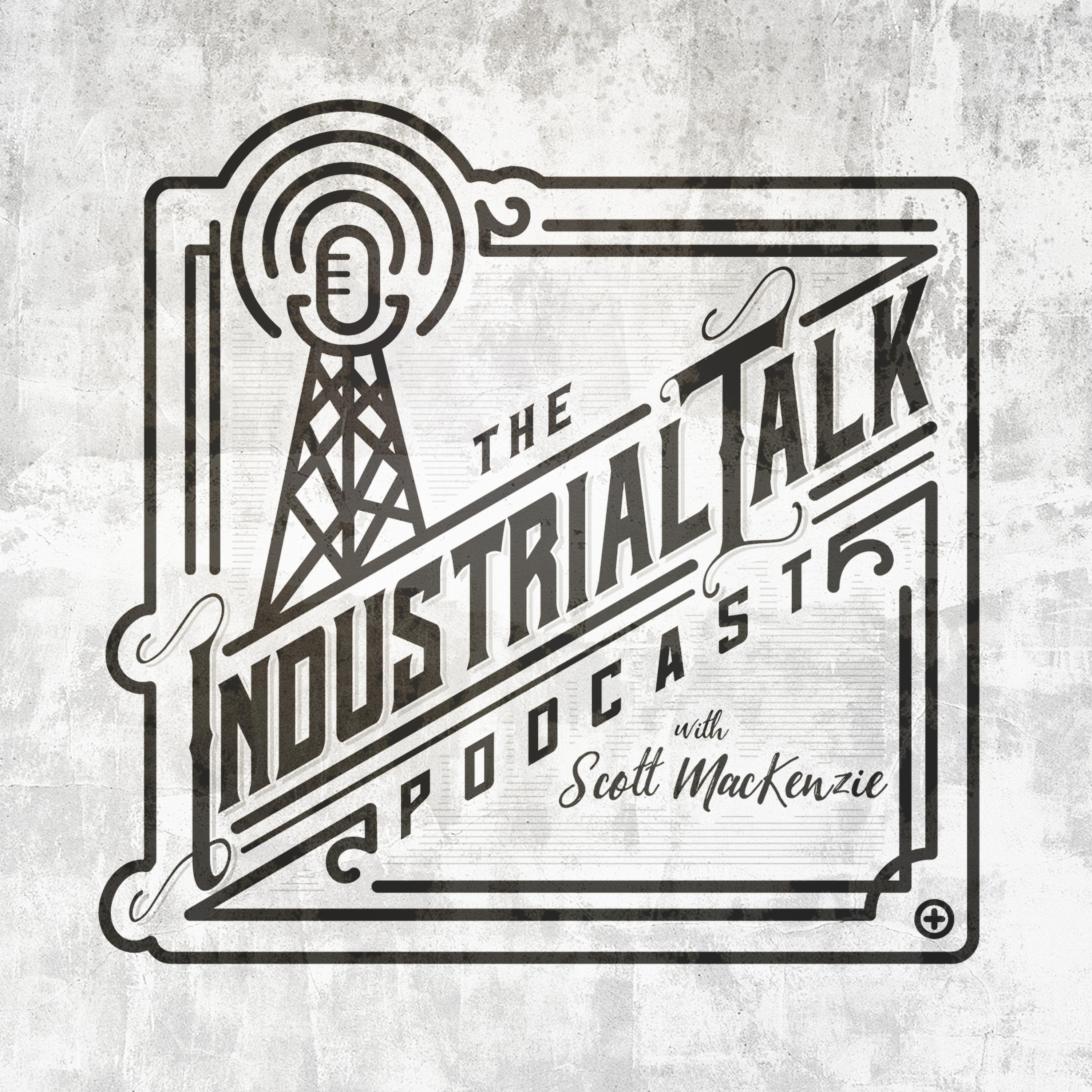Scott MacKenzie hosts a podcast celebrating industrial professionals and their innovations. At the OMG SQ1 meeting in Reston, Virginia, he interviews Erik Hendriks and Justin Wilson about DDS (Data Distribution System). Erik, a senior architect at ZettaScale, has been involved with DDS for 20 years. Justin, a principal software engineer at Unity Foundation, explains the open-source implementation of DDS. DDS enables efficient data transfer without the need for applications to know the transport details. It supports a publish-subscribe model, ensuring data reliability and scalability. The conversation highlights DDS's role in modern data-intensive applications and its future focus on scalability, big data, and security.
Action Items
- [ ] Explore the open DDS foundation website (open-dds.org) to learn more about the technology.
- [ ] Connect with Erik Hendriks on LinkedIn to discuss DDS and ZettaScale's other products.
Outline
Introduction and Purpose of the Podcast
- Scott MacKenzie thanks listeners for their support and celebrates industrial professionals for their bold and innovative work.
- The podcast is broadcasting from the OMG Q1 meeting in Reston, Virginia, focusing on solving today's challenges.
- Scott MacKenzie introduces Erik Hendriks and Justin Wilson, who will discuss DDS (Data Distribution System).
Background of Eric and Justin
- Erik Hendriks has been involved with DDS for 20 years and joined OMG during the standardization of DDS.
- Justin Wilson is attending his first OMG meeting and has a background in IoT applications involving DDS.
- Erik Hendricks is a senior architect at ZettaScale, fully involved in DDS for the last 20 years.
- Justin Wilson is a principal software engineer at Unity Foundation and Open DDS Foundation, previously involved with Object Computing.
Explanation of DDS (Data Distribution System)
- DDS stands for Data Distribution System, which helps get data from its source to its destination efficiently.
- DDS decouples applications to such an extent that they don't need to know about each other's existence.
- DDS is unique compared to other middlewares due to its ability to efficiently and reliably distribute data.
- Justin Wilson explains the open-source implementation of DDS and its benefits, including efficiency and productivity.
How DDS Works and Its Benefits
- DDS uses a data-centric approach, allowing applications to specify what data they need without knowing the source.
- DDS middleware handles the discovery and delivery of data, making applications simpler and more efficient.
- DDS can handle both unicast and multicast data delivery, optimizing data transmission based on the number of subscribers.
- DDS contracts specify the quality and reliability of data, ensuring consistent and efficient data flow.
Real-World Applications and Implementation
- DDS is used in various industries, including manufacturing, where it simplifies data collection and distribution.
- DDS can be integrated into existing systems, reducing the need for custom solutions and ongoing maintenance.
- DDS offers flexibility in data collection, allowing for easy integration of new data sources and...
